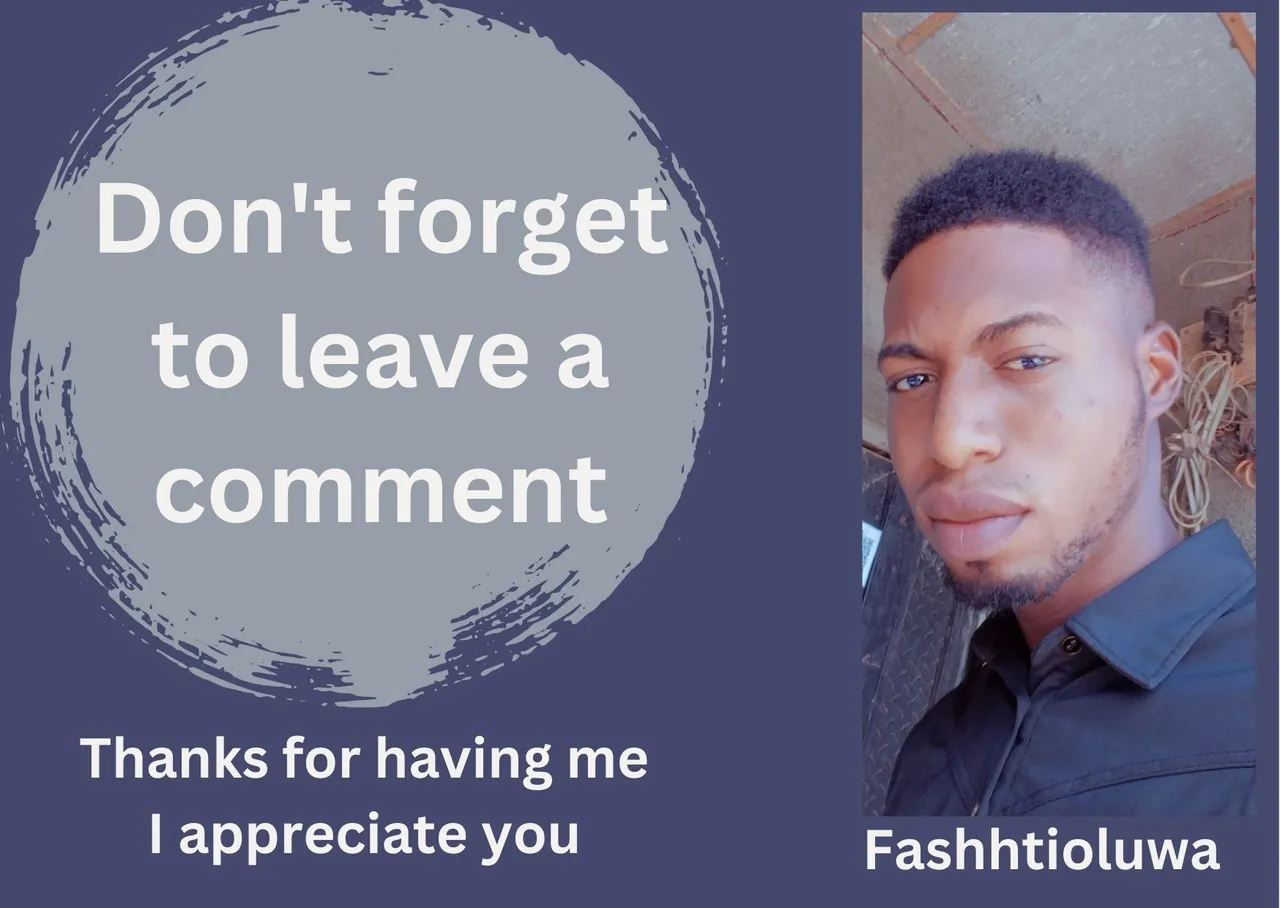Before I start writing the amazing things you are about to read, I would like to make a fact clear. There is no way technology will advance that having a phone or the internet in the exam hall wouldn't make a difference. We are in a fast-growing world technologically, which means the phones we are going to be using will continue to get smarter day by day.

Now that I have stated that fact, let me introduce myself. My name is Fashtioluwa, the most awesome person you can find on hive with advanced technology because I am an alien from Mars. Now, let us continue.
I have given much thought to this topic—the debate on how best to prepare students for success in a world where smart work has more advantage over hard work. This topic has been discussed with friends on one occasion or another, and it always ends with working smart. This discussion is not about working smart to make money; its about working smart as a student to get a better education. The traditional way of writing exams has long been the standard in our educational system, but with the rapid advancement of technology, we must consider if it still serves us well.

In today's digital world, where information is at the tip of our fingers, the rules around the world current exam structure have been challenged in the sense that most schools now make use of computer-based exams (CBT) to give assessments to their students. In this case, having a phone wouldn't do you much good because you can't browse all the answers to the exam on your screen as you watch the timer count down. If students have easy access to their phones and the internet, this will raise concerns about cheating and the validity of exam results. Do you know that these strict rules are necessary to maintain academic integrity, but others believe that it's time to adapt to the realities of the modern world?
Although the educational system should be ready to embrace technology in a way that enhances learning and assessment, instead of viewing phones and the internet as threats to exam security, we can leverage them as tools for critical thinking and problem-solving. Open-book exams or online assessments can be designed to test students' ability to analyze information, think creatively, and apply knowledge in real-world scenarios.

A university in Nigeria (University of Ilorin) back then gave all newly admitted students a tab that had been designed for learning. The school app was on it for students to check things about the school, login into their portal, and they also conduct tests for them in class through their tab in the presence of an invigilator. Isn't that amazing?
The current exam asset management system still works, and I believe it will continue to work no matter how advanced the world may be because there are some evaluations that need to be done, theoritically, verbally or oral exams, and also written exams to check the memorization ability of a student. All this has been what has been helping people work smart and hard for people to acknowledge the effort they have put into studying.

In conclusion, working smart and working hard go hand in hand because if you are to work smart, then you need to think of a pattern that works for you to study better without having to read for 15 hours in a day while working hard is showing the result of how smart you are. By embracing innovation, focusing on developing essential skills, and providing personalized support, we can create an educational system that equips students for success in the modern era. I hope I have been able to enlighten you today. Thanks for reading.
